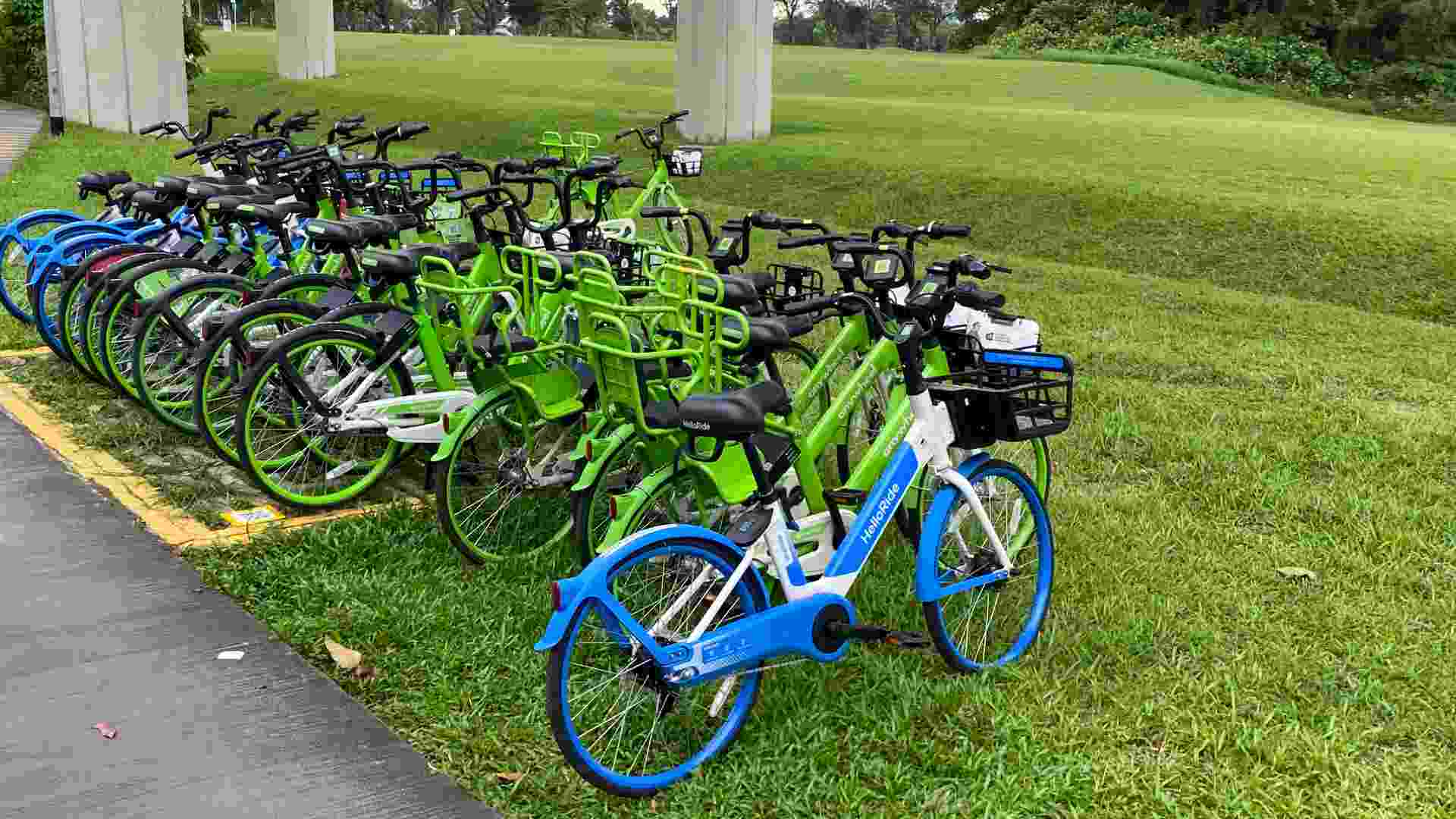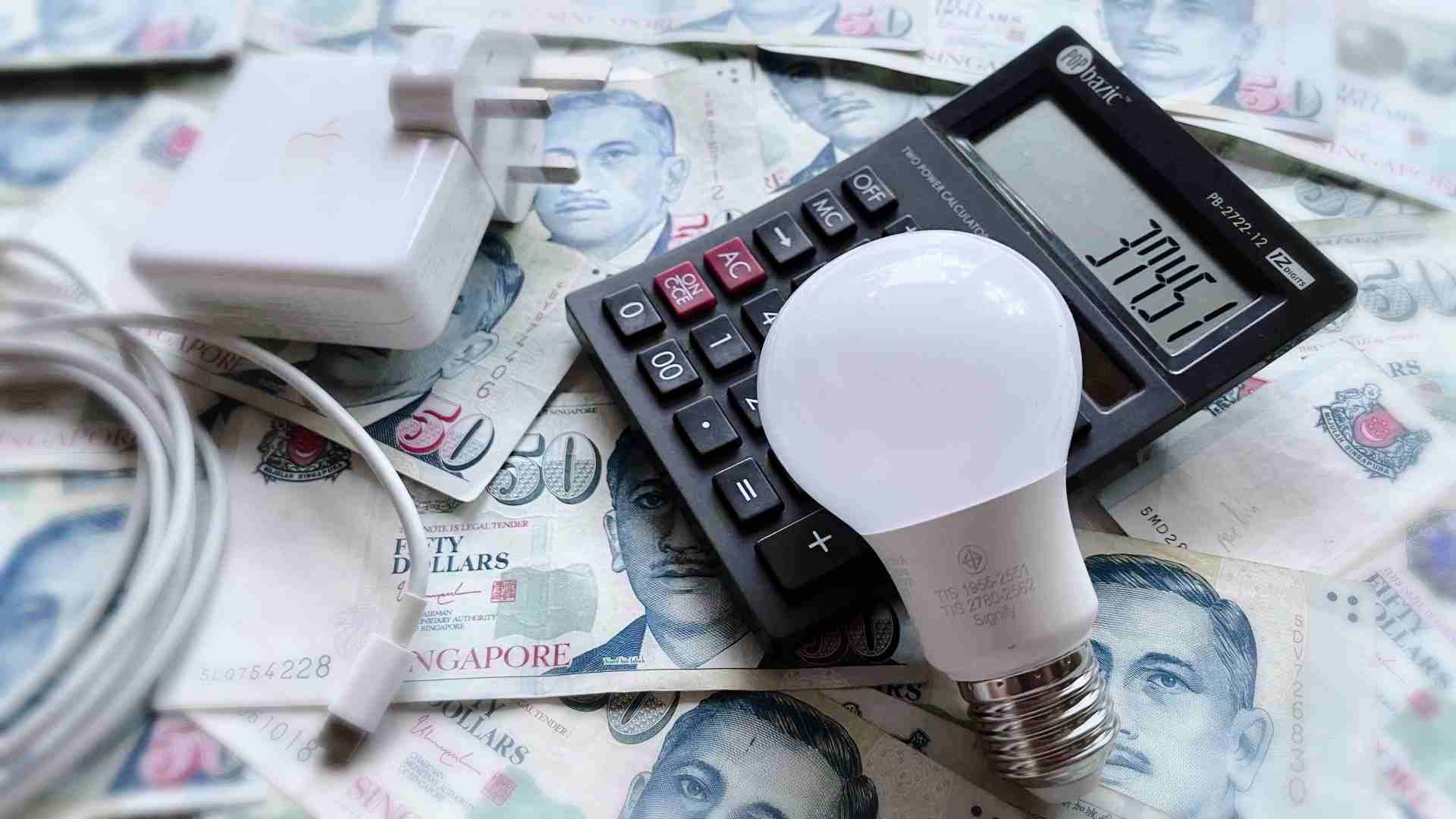Happy Earth Day: Lifestyle Changes To Save Our Planet – And Money!
Earth Day was first celebrated in 1970, spearheaded by Senator Gaylord Nelson of Wisconsin. At the time, pollution was rampant, and environmental issues weren’t on the public’s radar. Senator Nelson aimed to bring attention to these concerns and encourage political action to address them. What started as a grassroots movement quickly grew into a nationwide event, with over 20 million Americans participating in the first Earth Day.
Since then, Earth Day has become a global phenomenon, celebrated in over 190 countries every year on April 22nd. It’s a day to raise awareness of environmental issues, promote sustainable practices, and push for policy changes that protect our planet.
It’s easy to get caught up in our own lives and focus solely on our immediate needs. However, it’s crucial to remember that our actions today have a significant impact on the planet’s future. Climate change, pollution, and deforestation are just a few of the pressing issues we face, and they require urgent action.
Earth Day is an opportunity to reflect on our habits and make changes that benefit the planet. From reducing our carbon footprint by using public transportation or switching to a plant-based diet, to supporting environmentally-friendly businesses, there are countless ways to promote sustainability. By taking action, we can create a ripple effect that inspires others to do the same.
Here are some lifestyle changes that we can make in Singapore to reduce our carbon footprint and combat climate change – and, at the same time, trim down our expenses:
 IMAGE: UNSPLASH
IMAGE: UNSPLASH
Reduce meat consumption
The production of meat is a significant contributor to greenhouse gas (GHG) emissions. According to a report by the World Resources Institute, food systems have contributed between 25-30% of global GHG emissions in the past decade. A prime culprit: beef production, “specifically from the agricultural production process (including the digestive process, wastes and feed production) and from clearing land for new pastures, which releases carbon previously stored in vegetation and soils”. Switching to a plant-based diet or reducing meat consumption can significantly lower your carbon footprint – and, needless to say, your grocery expenses.
Read these on Wonderwall.sg:
- Places In Singapore To Get Your Plant-Based Fix
- 5 Things That Happen To Your Body When You Go Plant-Based
- 6 Simple Ways To Save Money On Meat
 IMAGE: WIKIMEDIA COMMONS/@LN9267
IMAGE: WIKIMEDIA COMMONS/@LN9267
Use public transportation
Transportation accounts for a significant portion of Singapore’s greenhouse gas emissions. Taking public transportation, cycling, or walking can reduce your carbon footprint – and conserve cash – significantly. Focusing on the electrification of public buses and taxis, Singapore’s Land Transport Authority aims to have a 100% cleaner energy bus fleet by 2040, and replace more than 400 diesel buses with electric ones by 2025.
Read these on Wonderwall.sg:
- How Bike-Sharing Changed My Life - And Put More Cash In My Pocket
- Everything You Need To Know About Cycling In Singapore
- A Beginner's Guide To Night Cycling In Singapore: 5 Fantastic Biking Routes After Dark
 IMAGE: 123RF
IMAGE: 123RF
Reduce plastic usage
Plastic waste contributes to climate change through its production and disposal. According to Singapore’s National Environment Agency (NEA), 982,000 tonnes of plastic waste was generated in 2021, with only 6% of it being recycled. Reducing plastic usage, such as by bringing reusable bags and containers when shopping, can significantly reduce your carbon footprint – not to mention those extra charges for plastic bags at large supermarkets.
Read this on Wonderwall.sg:
 IMAGE: WONDERWALL.SG
IMAGE: WONDERWALL.SG
Use energy-efficient appliances
Switching to energy-efficient appliances such as air conditioners, refrigerators, and light bulbs can reduce energy consumption and lower an individual’s carbon footprint. In 2017, NEA rolled out the Energy Efficiency Fund (E2F), which supports manufacturing companies and encourages them to invest in energy-efficient technologies or equipment.
Air-conditioning often takes up the bulk of a household's electricity bill. According to Clean & Green Singapore (CGS), "a fan uses less than 1/10th the electricity of an air-conditioner", meaning you could save up to $840 a year, based on the average 2012 electricity tariff of $0.2989 per kWh, assuming the use of a single-split, 1000W air-conditioner and/or a 31W electric fan for 365 days a year.
Based on these same assumptions, you could also save up to $25 a year for every degree you raise. So, set the temperature of your air-conditioner to about 25˚C. If you really buay tahan the heat, there's gelato galore across our island.
Choosing energy-efficient appliances will also help you scale back your spending: According to CGS, a 4-tick air-conditioner could save you about $450 in electricity bills a year compared to a 1-tick model, while a 4-tick refrigerator could save you about $70 a year compared to a 2-tick model.
Final tip: Don't leave electrical appliances on standby. According to CGS, standby power can account for up to 10% of your home electricity use. Turning them off when not in use could save up to $70 a year.
Read these on Wonderwall.sg:
.jpg.jpg?sfvrsn=461a9deb_0) IMAGE: 123RF
IMAGE: 123RF
Reduce food waste
Food waste contributes to greenhouse gas emissions as it decomposes in landfills. According to a report by NEA, Singapore generated 817,000 tonnes of food waste in 2021, and only 19% of it was recycled. Reduce your carbon footprint, food waste and grocery bill, stat! Plan your meals, buy only what is needed, and, if possible, compost.
Read this on Wonderwall.sg:
Conserve water
Singapore is a water-scarce country, and yet, according to Singapore’s Public Utilities Board, water demand in Singapore is at a staggering 430 million gallons a day. That volume can fill not 100, not 500, but 782 Olympic-sized swimming pools – and 45% of that amount is consumed by homes. Furthermore, the water used in Singapore is treated and distributed, a process which requires energy and contributes to greenhouse gas emissions.
By doing small things like using a cup of water when brushing your teeth, taking a shower instead of a bath, and washing your clothes with a full load, you can save a lot of money over the long term, too.
For the latest updates on Wonderwall.sg, be sure to follow us on TikTok, Telegram, Instagram, and Facebook. If you have a story idea for us, email us at [email protected].










/eco_toys_rectangle.jpg?sfvrsn=a9a1d75a_1)
